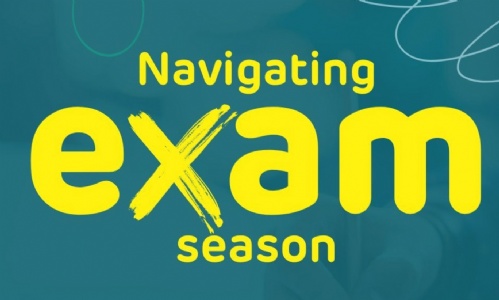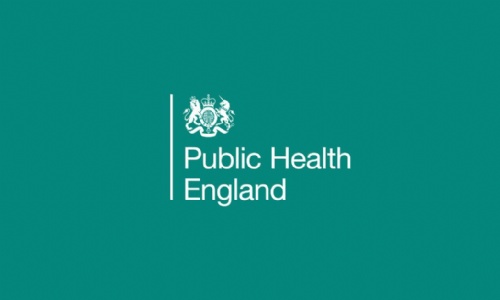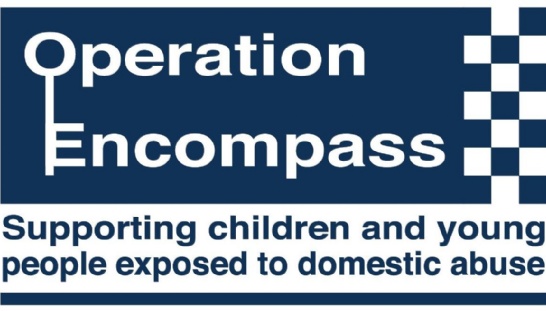#DoSomethingThisHalfTerm
Fun and free sessions and workshops for 8 to 24-year-olds who live, learn or earn in Hillingdon and may benefit from additional targeted support.
Get active this half term with 2 fun-filled days of creative arts, sports, cooking and activities. During the 2 days, we'll focus on fun, fitness, wellbeing and teamwork, and will also be teaming up with YourStance to deliver emergency lifesaving skills.









